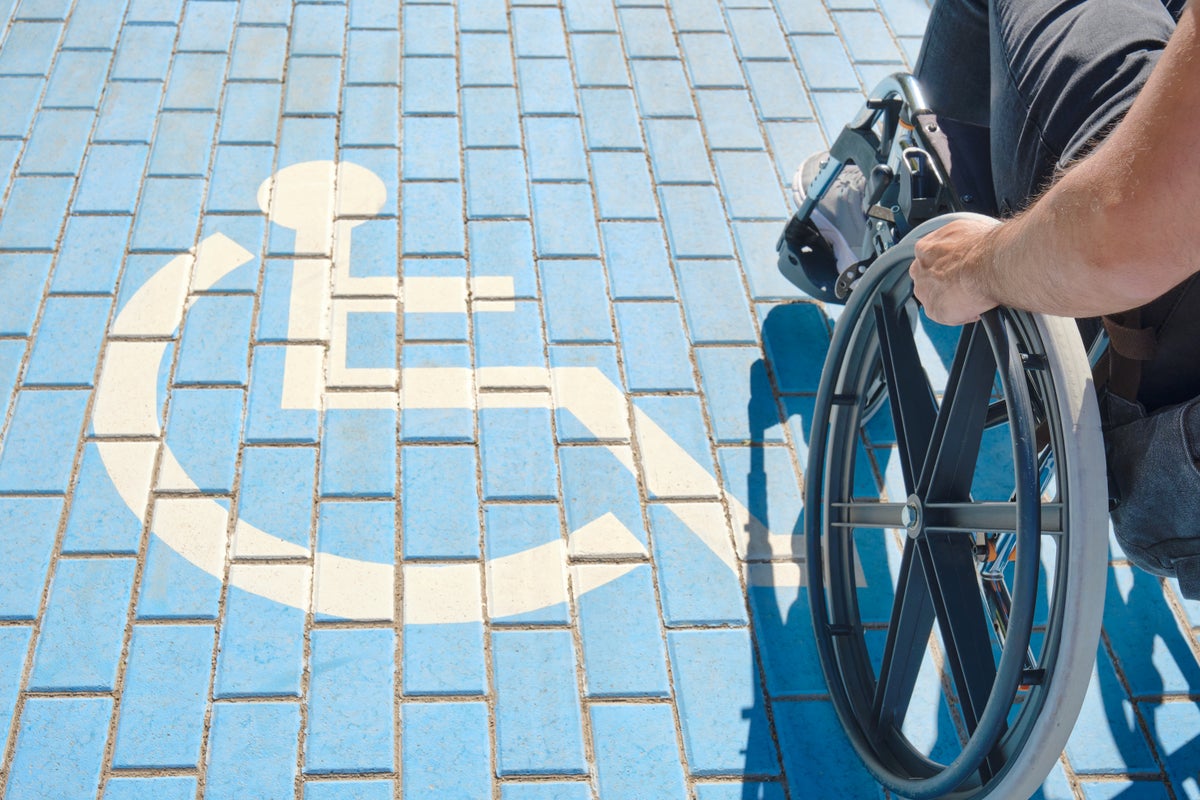
The latest data from the Department for Work and Pensions has revealed that 3.16 million people in the UK now receive Personal Independence Payments.
Since September alone there have been 34,962 new claimants for PIP, a state benefit designed to improve living standards for those suffering from long-term physical disabilities or mental health conditions.
The support payment takes into account two assessments of a potential recipient’s needs: daily living and mobility.
This means reviewing what additional financial help they might require to enable them to carry out everyday chores like preparing food, washing, dressing, communicating and socialising or in simply getting around as a result of difficulties arising from their condition.
The DWP’s new figures show that the five most common disabling conditions are: psychiatric issues (37 per cent of claims), musculoskeletal disease causing whole-body joint pains or arthritis (20 per cent), neurological disease (13 per cent), regional musculoskeletal complaints relating to specific joints (12 per cent) and respiratory disease (4 per cent).
These are the full claimant figures, revealing the 21 most common ailment categories identified by the DWP:
- Psychiatric disorders - 1,166,695
- Musculoskeletal disease (general) - 635,450
- Neurological disease - 403,469
- Musculoskeletal disease (regional) - 376,965
- Respiratory disease - 135,530
- Cardiovascular disease - 80,815
- Visual disease - 56,351
- Endocrine disease - 42,264
- Hearing disorders - 33,424
- Gastrointestinal disease - 27,840
- Genitourinary disease - 23,805
- Skin disease - 20,835
- Autoimmune disease (connective tissue disorders) - 17,596
- Diseases of the liver, gallbladder, biliary tract - 11,328
- Unknown or missing - 10,688
- Infectious disease - 9,897
- Malignant disease - 9,7426
- Haematological disease - 7,300
- Metabolic disease - 4,667
- Multisystem and extremes of age - 1,186
- Diseases of the immune system - 1,028
Any adult aged over 16 but too young to begin receiving a state pension is entitled to claim PIP if they have a disability that inhibits their ability to perform everyday tasks and which they expect to last for at least 12 months or more.
A new applicant is required to undergo a DWP assessment to establish the extent of their condition’s impact on their day-to-day life.
A score will then be assigned according to the applicant’s ability to perform tasks, which will in turn be used to determine precisely how much money they should be awarded in PIP.
Chancellor Jeremy Hunt announced a 101.1 per cent increase in PIP payments for 2023/24 in his recent Autumn Statement on 17 November to help recipients better cope with the cost of living crisis.
The rise will apply as follows:
Daily living
- Lower weekly rate - £68.10 (up from the present £61.85 per week)
- Higher weekly rate - £101.75 (up from the present £92.40 per week)
Mobility
- Lower weekly rate - £26.90 (up from the present £24.45 per week)
- Higher weekly rate - £71 (up from the present £64.50 per week)
That means a person currently receiving the highest weekly rate for daily living support and getting £4,804.80 a year will ultimately be paid £5,291 a year after April 2023.
It should be noted that PIP only applies in England, Wales and Northern Ireland – people living in Scotland need to apply for Adult Disability Payment instead.
For more information on PIP, please visit the UK government, Citizens Advice or Turn2Us websites.







